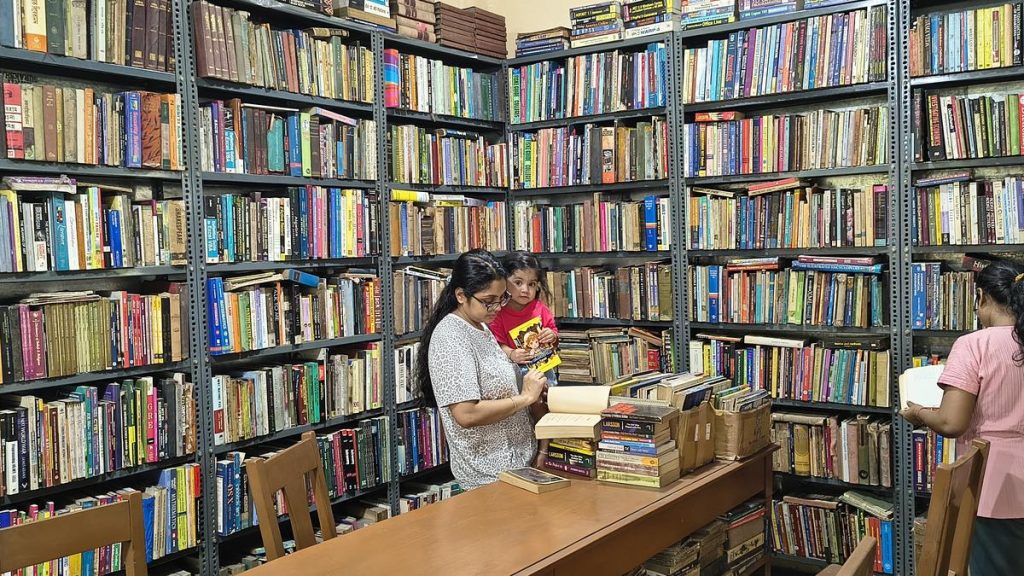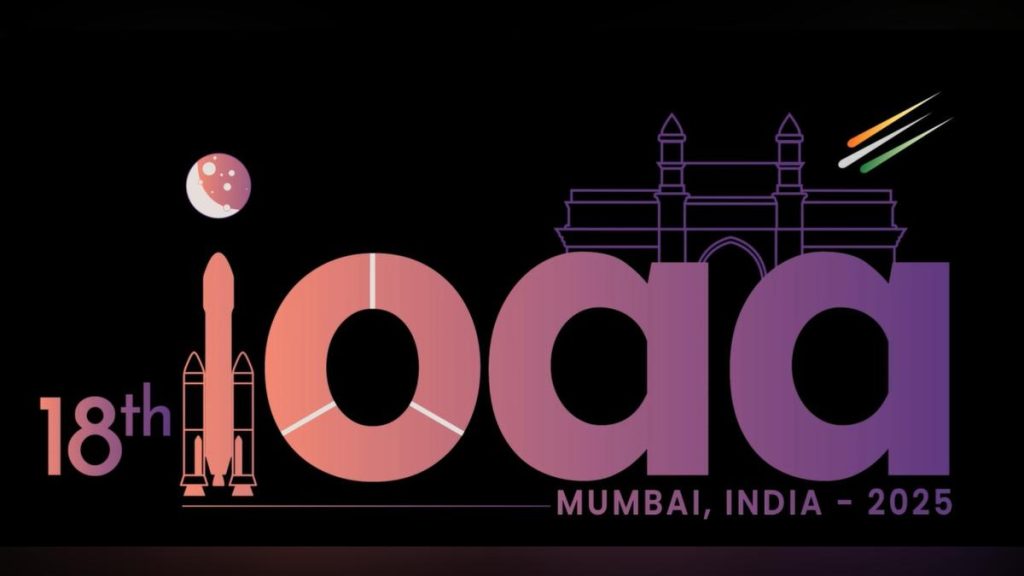Now Reading: Kolkata Hosts COP30 Preview Amid Concerns Over Sundarbans Erosion and Rising Seas
-
01
Kolkata Hosts COP30 Preview Amid Concerns Over Sundarbans Erosion and Rising Seas
Kolkata Hosts COP30 Preview Amid Concerns Over Sundarbans Erosion and Rising Seas
quick Summary
- Event: COP30 curtain raiser held in Kolkata on September 3, 2025.
- Key Speakers: debasish Kumar (MMIC, MLA), Pradip Khemka (honorary Consulate of Brazil to India).
- Focus Areas: Immediate global action needed for ecologically sensitive areas like Sundarbans and Darjeeling (West Bengal) to prevent loss of life and livelihood.
- Impacts Highlighted:
– Rising sea levels and erosion threaten more than five million people in the Sundarbans (West Bengal) and an additional 12 million in bangladesh.- Potential risk of Kolkata being submerged due to unchecked climate change impacts.
- COP30 Goals: Scheduled from November 10-21, 2025, at belém, Brazil; focus on transformative ground-level changes with emphasizes on climate financing mechanisms.
- Concerns Raised:
– Lack of action despite ongoing discussions about climate change mitigation efforts globally.
– Sundarbans excluded from classification under AOSIS as it is part of larger nations like Bangladesh or India.
– Need for technological assistance and international financial support for effective action at local levels.
– Climate activists called for urgent special environmental status designation for Sundarbans mangroves to ensure protection.
Indian Opinion Analysis
The discussions outlined at the COP30 curtain raiser showcase critical vulnerabilities faced by India’s regional ecosystems like the Sundarbans delta due to climate change-driven threats such as rising sea levels. The fact that over five million residents rely upon this fragile region intensifies its meaning not only as a biodiversity hub but also as a human settlement increasingly under existential threat.
The potential inclusion of regions such as Darjeeling into global policy spheres reflects evolving priorities around ecological preservation within India’s domestic frameworks and beyond; extending scope/ties alongside Governments broader partnerships amplifiable venues localized specific nuanced coherent initiatives policy coordination systemic framework
























